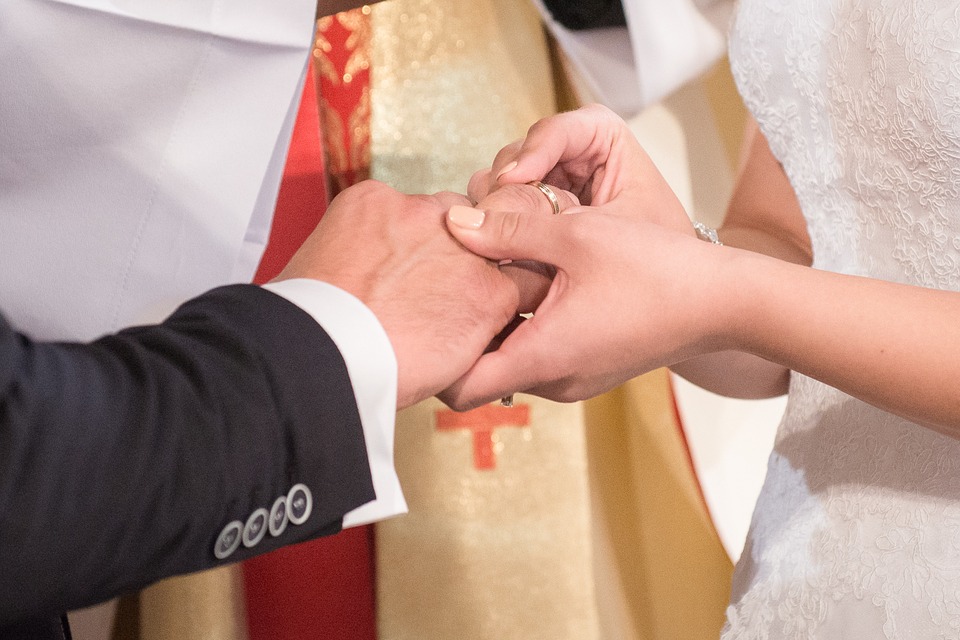Rev José Mario O Mandía
jmom.honlam.org
The proximate matter is the mutual giving of the spouses to one another through matrimonial consent. What is matrimonial consent? The CCCC (344) teaches: “Matrimonial consent is given when a man and a woman manifest the will to give themselves to each other irrevocably in order to live a covenant of faithful and fruitful love. Since consent constitutes Matrimony, it is indispensable and irreplaceable. For a valid marriage the consent [1] must have as its object true Matrimony, and [2] be a human act which is conscious and free and not determined by duress or coercion.” CCC 1625 adds that “being free” means “not impeded by any natural or ecclesiastical law.”
How about the form of this sacrament? It is the expression of the consent, when both spouses say, “I do” (cf CCC 1632; Code of Canon Law (CCL), can. 1057). The consent has to be expressed externally because by itself, the consent is an internal act of the will. Section 2 of canon 1104 stipulates: “Those being married are to express matrimonial consent in words or, if they cannot speak, through equivalent signs.” Canon Law also requires the presence of the contracting parties, “either in person or by proxy,” for a marriage to be valid (cf CCL, can. 1104, section 1).
How important is consent? Point 1626 of the CCC says: “The Church holds the exchange of consent between the spouses to be the indispensable element that ‘makes the marriage’ (CCL, can. 1057 #1). If consent is lacking there is no marriage.”
As mentioned above, consent has to be “conscious and free” (CCCC (344). Without that consciousness and freedom, there is no consent. Without consent, there is no marriage. CCC 1628 confirms this: “The consent must be an act of the will of each of the contracting parties, free of coercion or grave external fear (CCL, can. 1103). No human power can substitute for this consent (cf CCL, can. 1057 #1). If this freedom is lacking the marriage is invalid.”
What happens if it is proven that at least one of the partners was coerced? CCC 1629 says: “For this reason (or for other reasons that render the marriage null and void) the Church, after an examination of the situation by the competent ecclesiastical tribunal, can declare the nullity of a marriage, i.e., that the marriage never existed (CCL, cann. 1097-1107). In this case the contracting parties are free to marry, provided the natural obligations of a previous union are discharged (CCL, can. 1071).”
In fact, it is not only coercion that can render a marriage null or invalid. Since freedom proceeds from an act of the intellect and the will (cf CCC 1731), we can say that anything that either diminishes [1] the knowledge required or [2] the exercise of the will debilitates freedom.
Next time, we will examine those cases in which either knowledge or willingness is affected.


 Follow
Follow


